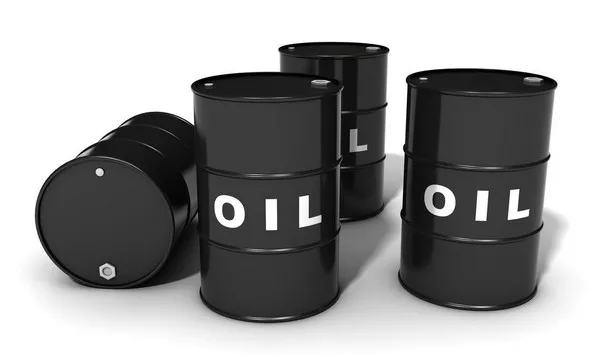Oil prices found stability on Tuesday after experiencing a decline of over $1 the previous day, driven by optimism surrounding the potential easing of U.S. sanctions on oil producer Venezuela. Additionally, Washington has heightened efforts to prevent further escalation in the Israel-Hamas conflict.
As of 0808 GMT, Brent crude futures rose by 29 cents to reach $89.94 per barrel, while U.S. West Texas Intermediate crude (WTI) gained 20 cents, reaching $86.86 per barrel.
The resumption of long-suspended talks between Venezuela’s government and opposition on Tuesday carries the promise of potential benefits for the 2024 election, as stated by President Nicolas Maduro. This development could lead to the easing of U.S. sanctions, multiple sources reported.
The U.S. has imposed sanctions on Venezuela’s oil exports since 2019 as a punitive measure against President Maduro’s government, which was deemed illegitimate by Washington following the 2018 elections due to alleged human rights violations. Venezuela is a member of the Organization of Petroleum Exporting Countries (OPEC).
Efforts by the U.S. government to increase the flow of oil to global markets in order to alleviate high prices have been ongoing. However, any substantial increase in oil output from Venezuela will require time, primarily due to a lack of recent investments.
Both Brent and WTI experienced significant surges last week, largely driven by concerns that the conflict in the Middle East could expand. Global benchmark Brent recorded a 7.5% increase, marking its most substantial weekly gain since February.
U.S. President Joe Biden is set to make a crucial visit to Israel on Wednesday as the country prepares to intensify its offensive against Hamas militants. This ongoing conflict has triggered a humanitarian crisis in Gaza and raised concerns about the potential for a broader conflict involving Iran.
Biden’s visit represents a delicate balancing act. While expressing support for Israel’s campaign against Hamas, the U.S. is also working to rally Arab nations to help avert a larger regional conflict. Iran has pledged “preemptive action” through the “resistance front” of its allies, which includes the Hezbollah movement in Lebanon, heightening risks in the region.
ANZ Research stated in a note on Tuesday that risks remain, with Iran’s foreign minister warning that the possible expansion of the war on other fronts is nearing an inevitable stage.


